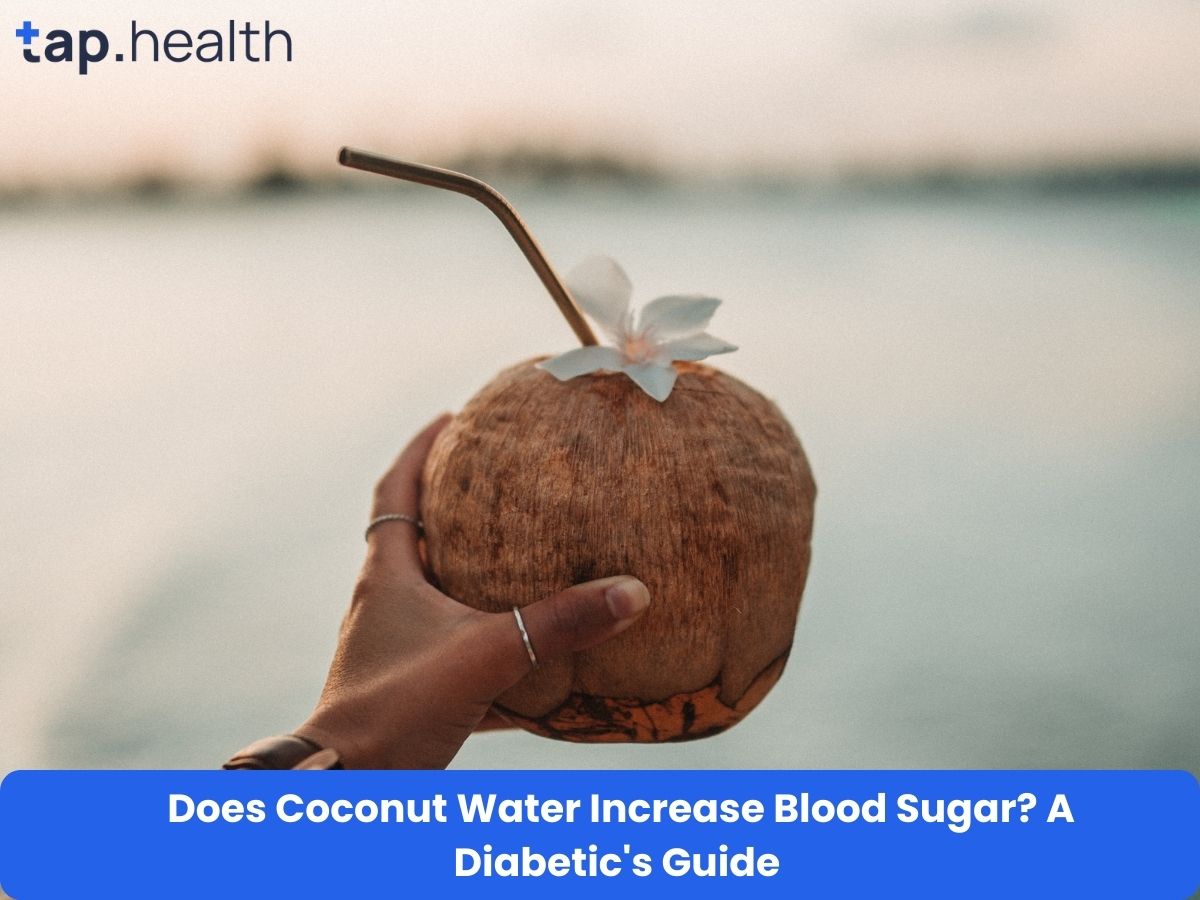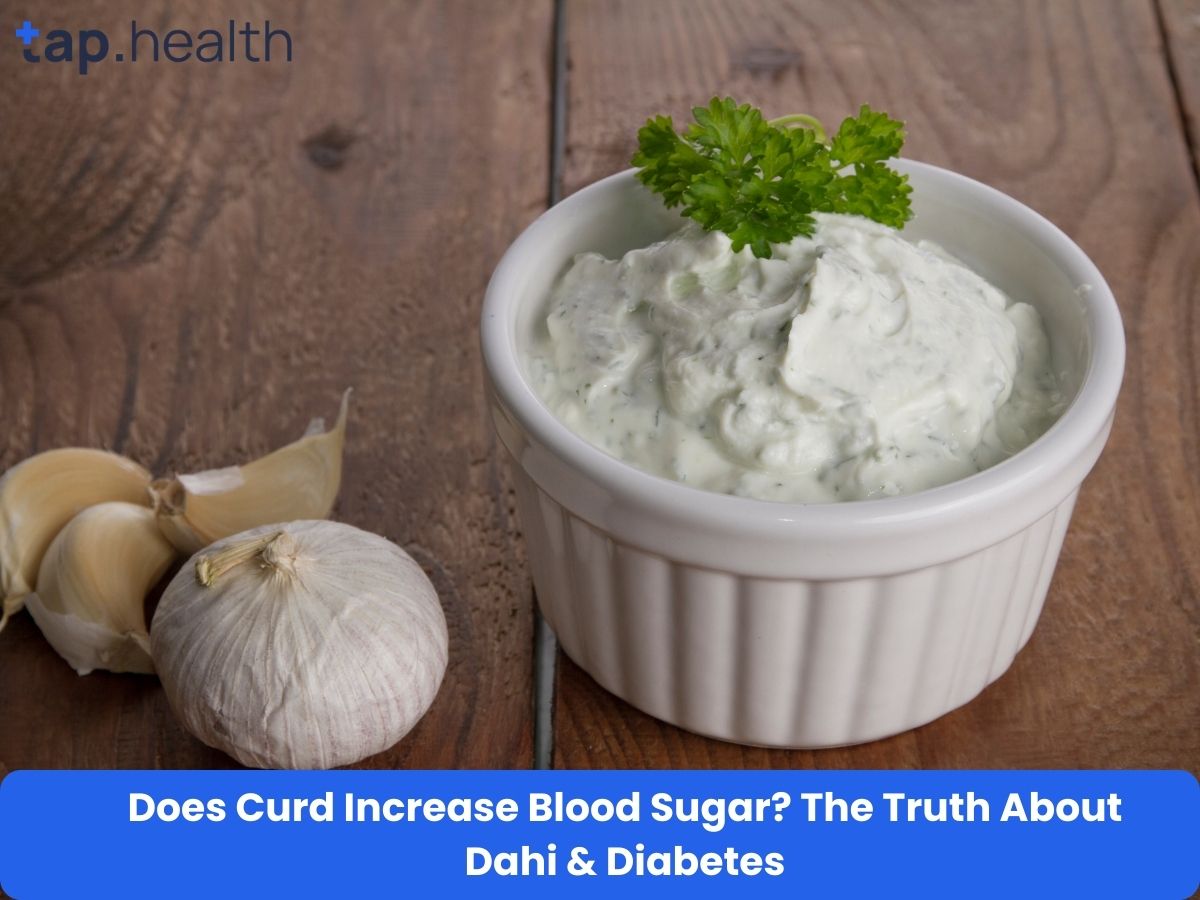Watermelon is one of the most refreshing and hydrating fruits, especially during the hot summer months. Its sweet, juicy flesh is enjoyed by people of all ages, making it a popular choice for picnics, barbecues, and even as a light dessert. But if you’re watching your calorie intake or just curious about the nutritional content of watermelon, you might be wondering: How many calories are in a whole watermelon?
In this comprehensive guide, we’ll break down everything you need to know about the calories in watermelon, including the factors that affect its calorie content, nutritional benefits, and how to incorporate this fruit into a healthy diet. We’ll also explore the calorie count for different portions, such as slices or cups, and answer some common questions about watermelon’s health benefits.
What Is Watermelon?
Watermelon (Citrullus lanatus) is a large, sweet, and watery fruit that belongs to the gourd family, which also includes cucumbers, pumpkins, and squash. It’s composed of about 90% water, making it one of the most hydrating fruits available. Watermelon comes in various varieties, with the most common being the red-fleshed watermelon, though there are also yellow and orange varieties.
This fruit is not only known for its refreshing taste but also for being low in calories, making it a great choice for those looking to satisfy their sweet tooth without consuming too many calories. Watermelon is also packed with nutrients like vitamins, minerals, and antioxidants, which contribute to its health benefits.
Types of Watermelon
- Seedless Watermelon: The most popular variety of watermelon, commonly found in grocery stores. It has a smooth, red flesh with small, white seeds.
- Seeded Watermelon: This variety contains black seeds that are more prominent and can be eaten or discarded.
- Mini Watermelon: A smaller version of the traditional watermelon, also known as personal watermelons. These tend to be sweeter and easier to handle for smaller servings.
- Yellow Watermelon: This variety has a yellowish-orange flesh, offering a different flavor and sweetness than the traditional red watermelon.
Watermelon Varieties and Calorie Count
Although all watermelon types share a similar water content, the calorie count can vary slightly between varieties due to differences in sugar levels. However, the difference is generally minimal, and for the sake of simplicity, the calorie content in this article is based on the common red-fleshed watermelon.
How Many Calories Are in a Whole Watermelon?
A whole watermelon can vary in size, so the calorie count will depend on the weight of the fruit. Typically, a watermelon weighs anywhere from 5 to 20 pounds, with the average watermelon being around 10 to 15 pounds. On average, a watermelon contains roughly 300 to 600 calories in total.
To provide a clearer picture, let’s break it down based on the average weight of a watermelon:
1. Calories in a 10-Pound Watermelon
A 10-pound watermelon is considered a medium-sized watermelon. When you peel away the rind and account for the edible flesh, a 10-pound watermelon will yield approximately:
- Calories: 450-500 calories for the entire watermelon.
Since watermelons are mostly water, the calorie content is relatively low compared to many other fruits.
2. Calories in a 15-Pound Watermelon
A 15-pound watermelon is on the larger side, and it will contain more edible flesh. For a watermelon of this size, the calorie count increases accordingly:
- Calories: 675-750 calories for the entire watermelon.
Again, the actual calorie content will vary based on the specific size and sweetness of the fruit.
3. Calories in a 20-Pound Watermelon
A large watermelon weighing about 20 pounds will have an even higher calorie count, but it’s still a relatively low-calorie fruit when compared to other snack options.
- Calories: 900-1,000 calories for the entire watermelon.
How to Calculate the Calories in Your Watermelon
To calculate the calories in your watermelon, it’s important to consider the weight of the edible flesh. On average, the edible part of a watermelon (the flesh) makes up about 70-80% of the fruit’s total weight. For example, if you have a 10-pound watermelon:
- Edible flesh (70% of 10 lbs): 7 pounds.
- Calories per pound of watermelon flesh: Approximately 45-50 calories.
So, a 10-pound watermelon will yield around 450-500 calories in total.
How Many Calories Are in a Serving of Watermelon?
Watermelon is typically consumed in slices, cups, or wedges. To understand how many calories you’re consuming with each serving, let’s look at different portion sizes:
1. Calories in 1 Slice of Watermelon
A typical slice of watermelon weighs about 1/12th of the fruit or 0.5 pounds. For a 10-pound watermelon, a single slice contains:
- Calories: 45-50 calories per slice.
If you cut the watermelon into smaller slices, you’ll be consuming fewer calories per serving, which is great for portion control.
2. Calories in 1 Cup of Watermelon (Diced)
A cup of diced watermelon is a popular serving size for a snack or a fruit salad. One cup of diced watermelon weighs about 6 ounces (170 grams), and it contains approximately:
- Calories: 45-50 calories per cup.
This makes watermelon a great option for those who want a low-calorie snack that also helps with hydration.
3. Calories in 1 Pound of Watermelon
If you want to eat a full pound of watermelon (about 2 cups or 4 slices), it will have around:
- Calories: 90-100 calories for 1 pound.
This is still a relatively low-calorie serving, especially when compared to other fruit options that are higher in sugar and calories.
Nutritional Breakdown of Watermelon
Watermelon is not just a refreshing, low-calorie fruit; it’s also packed with important nutrients and antioxidants that provide numerous health benefits. Here’s a breakdown of watermelon’s nutritional profile:
1. Calories and Macronutrients
- Calories: Watermelon is low in calories, with approximately 45-50 calories per cup of diced fruit.
- Carbohydrates: Each cup of watermelon contains about 12 grams of carbohydrates, most of which come from natural sugars (mainly fructose and glucose).
- Protein: Watermelon contains a small amount of protein, with about 1 gram per cup.
- Fat: Watermelon is very low in fat, with less than 1 gram of fat per cup.
2. Vitamins and Minerals
- Vitamin C: Watermelon is an excellent source of Vitamin C, with about 12-15% of your daily recommended intake per cup. This vitamin is vital for immune health and collagen production.
- Vitamin A: Watermelon contains small amounts of Vitamin A, contributing to eye health and immune function.
- Potassium: Watermelon is rich in potassium, a mineral that helps maintain proper muscle function, regulate blood pressure, and balance fluid levels.
- Magnesium: Watermelon also provides some magnesium, which is important for muscle and nerve function, as well as maintaining healthy bones.
3. Antioxidants
Watermelon is rich in antioxidants, particularly lycopene and beta-carotene. Lycopene is a powerful antioxidant that gives watermelon its red color, and it’s been shown to have potential benefits for heart health and cancer prevention. Watermelon is also a good source of citrulline, an amino acid that may improve blood flow and exercise performance.
Health Benefits of Watermelon
Watermelon is not only a tasty and hydrating fruit, but it also offers several health benefits:
1. Hydration
Watermelon is made up of about 90% water, making it an excellent choice for staying hydrated, especially in hot weather.
2. Promotes Skin Health
The high levels of Vitamin C and beta-carotene in watermelon help promote healthy skin by supporting collagen production and protecting against sun damage.
3. Boosts Heart Health
Watermelon’s rich antioxidant content, particularly lycopene, has been linked to a reduced risk of heart disease. Lycopene may help lower blood pressure and reduce inflammation, promoting overall heart health.
4. Aids Digestion
Watermelon is high in water and fiber, both of which help support a healthy digestive system. Fiber promotes regular bowel movements, while water helps prevent constipation.
5. Improves Exercise Performance
The citrulline in watermelon has been shown to help improve exercise performance by increasing blood flow to muscles, reducing muscle soreness, and enhancing endurance.
How to Enjoy Watermelon in a Healthy Way
While watermelon is already a healthy choice, there are several ways to enjoy it while maximizing its benefits:
1. Eat It Fresh
The best way to enjoy watermelon is by eating it fresh. You can slice it into wedges, cubes, or balls for a fun and refreshing snack.
2. Watermelon Salad
Combine watermelon with other fresh fruits like cucumber, mint, and feta cheese for a light, hydrating salad that’s perfect for hot days.
3. Smoothies and Juices
Blend watermelon with other fruits like berries, pineapple, or lime to make a refreshing smoothie or juice.
4. Frozen Watermelon Popsicles
Freeze watermelon chunks or puree to make homemade popsicles. This is a fun and healthy way to cool off on a hot day.
Frequently Asked Questions (FAQ) on How Many Calories in a Whole Watermelon?
1. How many calories are in a whole watermelon?
A whole watermelon contains between 300 and 1,000 calories, depending on its size. A medium-sized watermelon (10 pounds) has around 450-500 calories.
2. Is watermelon a low-calorie fruit?
Yes! Watermelon is very low in calories, with about 45-50 calories per cup of diced fruit. It’s a great option for those watching their calorie intake.
3. How many calories are in a slice of watermelon?
A typical slice of watermelon, about 1/12th of the fruit, contains around 45-50 calories.
4. Is watermelon good for weight loss?
Yes, watermelon is low in calories and high in water content, making it a great choice for weight loss. It can help you stay hydrated and full without adding many calories to your diet.
5. Does watermelon have any nutritional benefits?
Yes, watermelon is packed with vitamins, minerals, and antioxidants, including Vitamin C, Vitamin A, potassium, and lycopene, which support hydration, skin health, and heart health.



